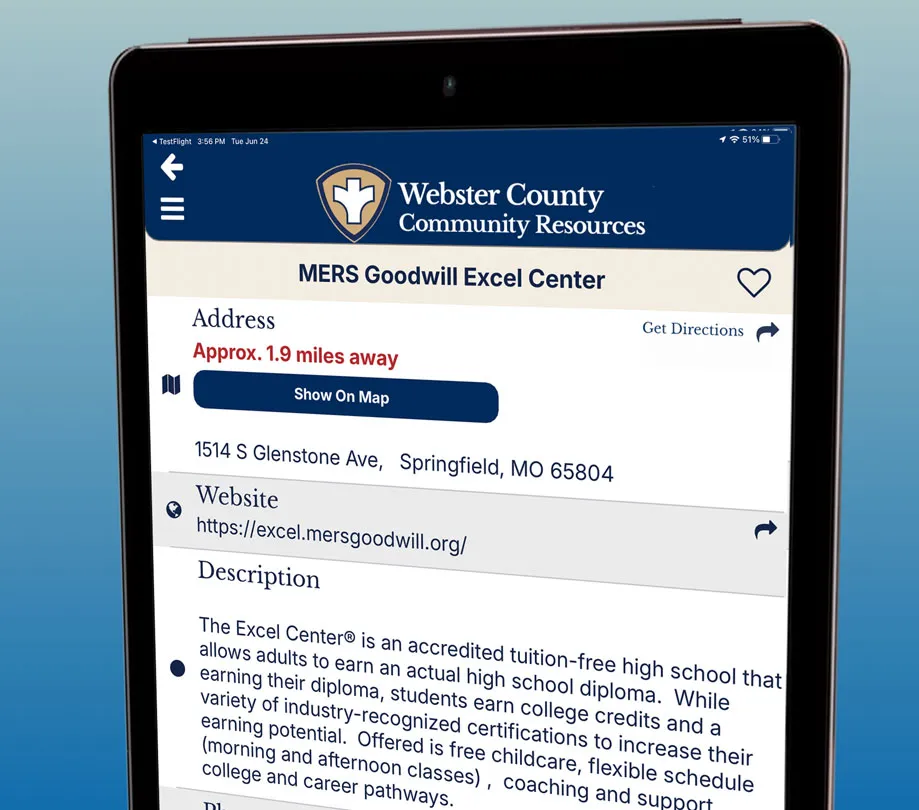Apple updated its app guidelines - What you need to know

Apple’s latest policy changes impact metadata, in-app purchases, AI, and privacy. This article, Apple updated its app guidelines, explains what’s new and how Moonbeam Development ensures your iOS app stays compliant and up to date.
Apple recently issued a fresh round of updates to its App Store Review Guidelines, and if you manage or market an iOS app, these changes matter. Whether you’re preparing a brand-new launch or maintaining an existing app, staying compliant is critical to your app’s visibility, stability, and long-term success on the App Store. The May 2025 revision places renewed emphasis on accurate app metadata, particularly removing any promotional text from app titles and screenshots. It reinforces strict compliance with in-app purchases, making it clear that all digital goods and services must use Apple’s IAP system. Additionally, Apple is putting more scrutiny on apps that replicate system interfaces or clone other apps without unique functionality, effectively pushing out low-effort or lookalike submissions.
There’s also new attention on apps that use AI, particularly those that generate content. Apple now expects clearer disclosure of how artificial intelligence is used within an app and tighter moderation of any user-generated or AI-generated material. Privacy remains a central focus, with updates reinforcing Apple’s stance on data transparency, opt-out options, and accurate tracking disclosures. Together, these updates demonstrate Apple’s continued push toward quality, transparency, originality, and user safety in the App Store ecosystem.
Apple updated its app guidelines: What changed in Apple’s app review guidelines?
Here’s a quick breakdown of what changed, and what it means for your iOS app.
1. App metadata and promotions got stricter
Apple emphasized accurate metadata, especially regarding app descriptions, screenshots, and keywords. Developers are now explicitly warned not to include pricing, ranking claims, or temporary promotional text (like “50% off this week”) in app names or screenshots.
What it means for your app: If your listing includes any promotional verbiage in the title or graphics, it’s time for a clean-up. Moonbeam routinely audits App Store assets to ensure compliance with evolving metadata standards.
2. Clarity around in-app purchase requirements
Apple reaffirmed that all digital goods and services must use Apple’s In-App Purchase system. This includes features, content, and functionality. If your app uses third-party systems for digital content, you could face removal.
Our approach at Moonbeam: We ensure all billing flows for iOS are properly routed through Apple’s IAP system, a crucial step to avoid rejection or removal from the store.
3. Stronger restrictions on app behavior and functionality
Apps that imitate system or third-party apps without adding meaningful functionality may now be rejected more aggressively. This targets low-quality clones and apps using templates without customization.
How Moonbeam stays compliant: We build from the ground up, no cookie-cutter templates. Every app we develop is purpose-built, with unique functionality that satisfies Apple’s expectations for originality and user value.
4. More guidance for AI and ML apps
While Apple didn’t release major AI-specific rules, there are more pointed clauses around apps that “generate content using AI.” Apple wants apps to clearly disclose if and how they use AI and ensure any generated content is appropriate for the app’s age rating.
Moonbeam’s standard: For AI-powered apps, we include proper content filtering, disclosure mechanisms, and design flows that align with these new requirements — ensuring a smooth App Store review.
5. Updated privacy and tracking clauses
Apple strengthened its stance on app tracking transparency and privacy labeling. All apps must now be even more clear about what is tracked, why, and how users can opt out.
Moonbeam’s response: We’ve already updated our internal frameworks to ensure app tracking flows are transparent and GDPR/ATT compliant. We can help you do the same, whether you're building from scratch or revising an existing app.
Why this matters for you
Every time Apple updates its guidelines, there’s a ripple effect. Some apps get rejected. Others get pulled. Most importantly, every app gets reviewed under the new lens.
That’s where Moonbeam comes in. We don’t just build apps, we maintain them. That includes keeping pace with Apple’s ongoing policy updates and helping clients avoid penalties, downtime, or removals due to non-compliance.
What should you do next?
Audit your current app store listing - Are your screenshots, descriptions, or titles non-compliant?
Review your in-app purchase flows - Are you using Apple’s IAP system correctly?
Check your AI usage disclosures - Does your app make it clear how AI is used?
Evaluate your tracking policies - Are they up to date with ATT and iOS 17/18 standards?
If any of these raise concerns, we can help, staying aligned with the latest platform policies is part of how we keep our clients ahead of the curve.
Let’s make sure your app stays live and relevant
The App Store continues to be a dynamic and competitive space. Aligning with Apple’s updated policies isn’t optional, it’s essential. At Moonbeam, we monitor these guideline updates in real time and adjust our mobile development standards accordingly. Whether we’re building a new app from scratch or updating an existing client app to meet current review policies, our process is built to adapt. Below, we’ve outlined the key areas of the update in more detail and explained what you can do to stay compliant, or how we can help you do it.
Need help staying current with Apple’s latest rules? Let’s talk.
About the Author

Deeply passionate about the latest technological advancements, Austin brings a forward-thinking approach to integrating cutting-edge tech trends into marketing. This is especially evident in his work with mobile technologies, where he consistently pushes the boundaries of user engagement and market reach. Outside of his professional life, Austin nurtures his creative side by playing several musical instruments and drawing inspiration from his favorite television shows.





